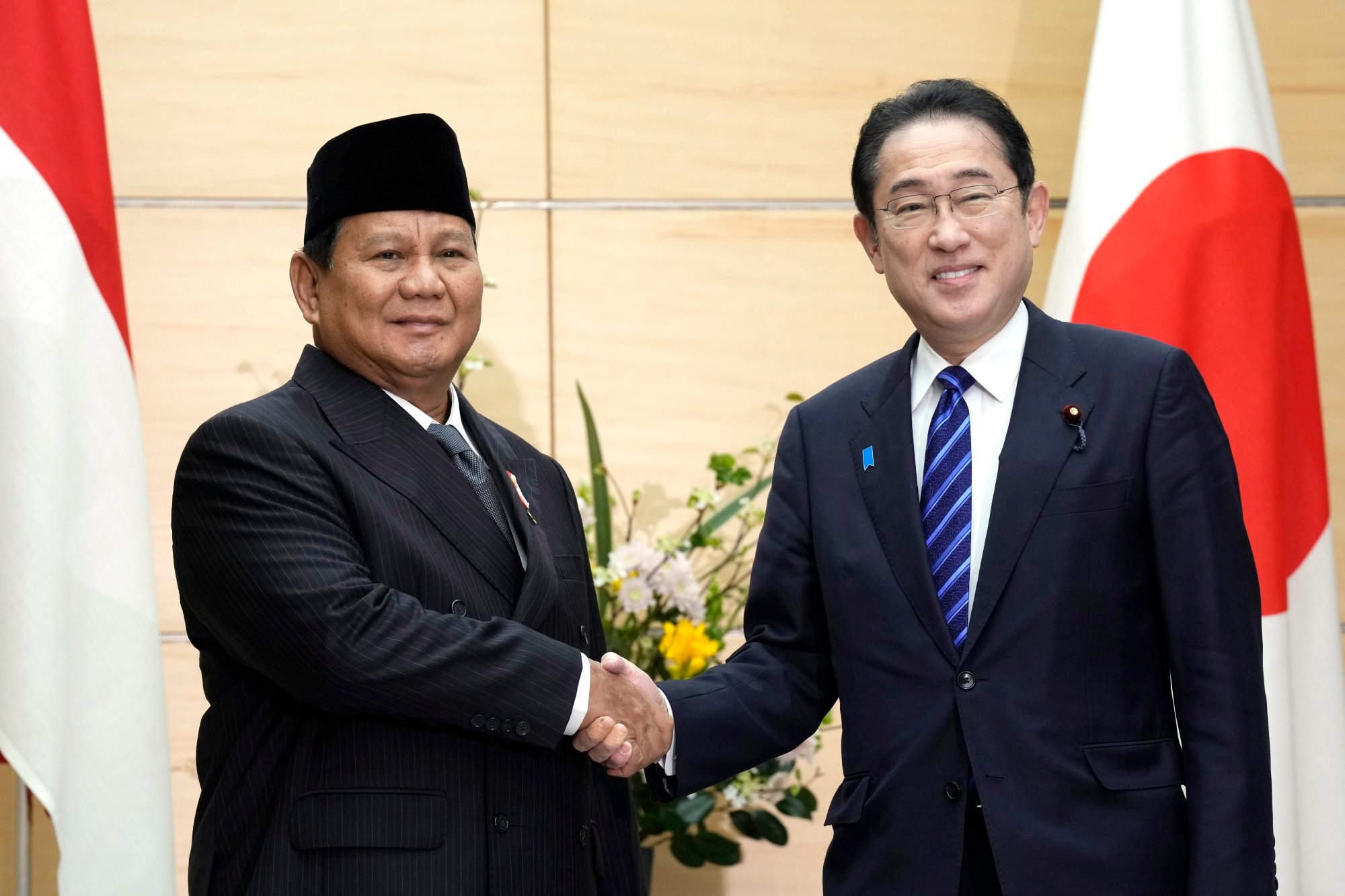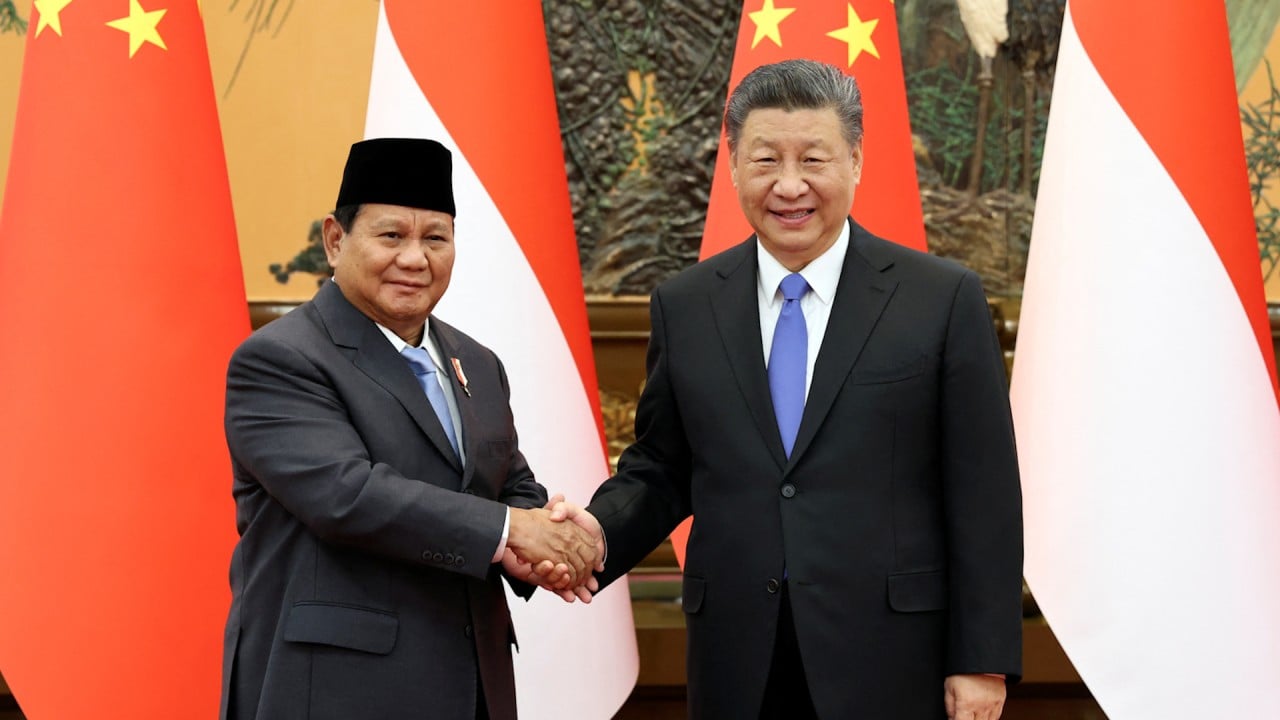
Jakarta’s ties with Beijing could be tested by South China Sea clashes, think tank warns
- Whether Indonesia can keep friendship with China amid ‘dramatic geopolitical changes’ will need ‘superb political wisdom’: Beijing-based foreign policy group
- Report calls for Prabowo Subianto to work with China to lead other nations in jointly managing regional disputes amid side-picking pressures from Washington
Whether Jakarta can maintain its friendship with Beijing amid “dramatic geopolitical changes” will require “superb political wisdom”, according to Luo Yongkun, deputy director of Southeast Asian and Oceanian Studies at the China Institutes of Contemporary International Relations.
In a commentary published on Thursday, the research professor at the state-affiliated think tank in Beijing highlighted Indonesia’s choice to develop ties with China – in spite of the United States’ regional strategy to curb Beijing’s influence.
“The US is vigorously promoting its ‘Indo-Pacific strategy’ and wooing Southeast Asian countries to choose sides. However, Indonesia has not joined the US ‘anti-China camp’ and instead vigorously promoted relations with China,” said Luo, who was named a “Presidential Friend of Indonesia” in 2010.
With its Indo-Pacific strategy, Washington says it aims to build a region that is “free and open, connected, prosperous, secure, and resilient” with its allies and partners.
In his decade as Indonesian president, Joko Widodo has strengthened ties with China, with bilateral economic cooperation reaching new heights. A “2+2” dialogue mechanism for the two countries’ foreign ministers and defence ministers was agreed upon in October.
Indonesia is not a claimant in the South China Sea, but Luo said Jakarta and Beijing faced “maritime delimitation disputes”. Indonesia’s exclusive economic zone in the North Natuna Sea falls within China’s “nine-dash line” – Beijing’s territorial claim in the waterway.

Luo noted that “in the current context, if a conflict breaks out in the South China Sea, China-Indonesia relations, China-Asean relations, and the regional order centred on Asean will face severe tests, or trigger changes in the regional geopolitical structure, which is not in the interests of all parties in the region”.
It was “imperative” for China and Indonesia to lead regional nations in strengthening cooperation and jointly managing disputes concerning the South China Sea, Luo concluded.


